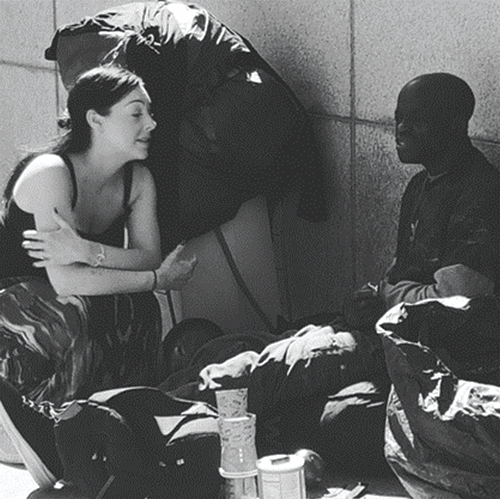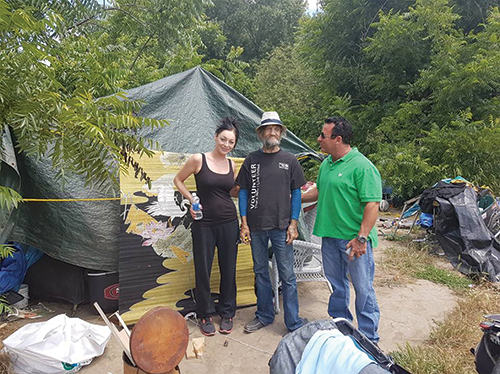Britain is heading towards a homelessness crisis of epidemic stature. In 2017, a National Audit Office survey recorded 4,134 people sleeping outdoors – an increase of 134 per cent since 2010 – and the government estimates that 307,000 people are currently homeless, or living in inadequate, temporary accommodation.
In 2000, at the age of 16, I lived for 10 months in a temporary accommodation unit for displaced teenagers. I became homeless as the result of a not-uncommon crisis: the breakdown of my family unit. I am one of the lucky ones. I was immediately placed within a self-contained, semi-supported living complex; a ‘halfway-house’ for young adults in similar positions to myself. I made friends and learnt how to maintain my home, saw counsellors and was encouraged to undertake life-skills training. Less than 12 months later, I held an independent tenancy and had commenced my career in the field of supportive housing. I trained to assist individuals challenged by severe mental health issues to live more accomplished lives.
Over the years, I’ve often wondered what my fate might have been. The UK now has 3.9 million citizens in “persistent poverty” – people with less than 60% of national average disposable income for two of the past three years – and 58,000 individuals in England are in contact each year with homelessness, substance misuse and offending services. Today, it would be almost unheard of for a single homeless person to receive a similar standard of services and intensive, personalised care.

So, why is it that we are unable to respond to homelessness appropriately in 21st century Britain? Why is it that instances of homelessness are rising – and why is it that homelessness is being sustained?
Since 2013, I’ve worked independently to identify and explore economical solutions to the crisis of modern homelessness and housing instability for vulnerable groups, whilst campaigning against costly, inhumane, or ineffective techniques.
The best day at Downing Street delivering my #homelessness research to Theresa May! �Ȋ pic.twitter.com/u3G4Ly3kO9
— Amy Varle (@MissAmyVarle) January 25, 2018










